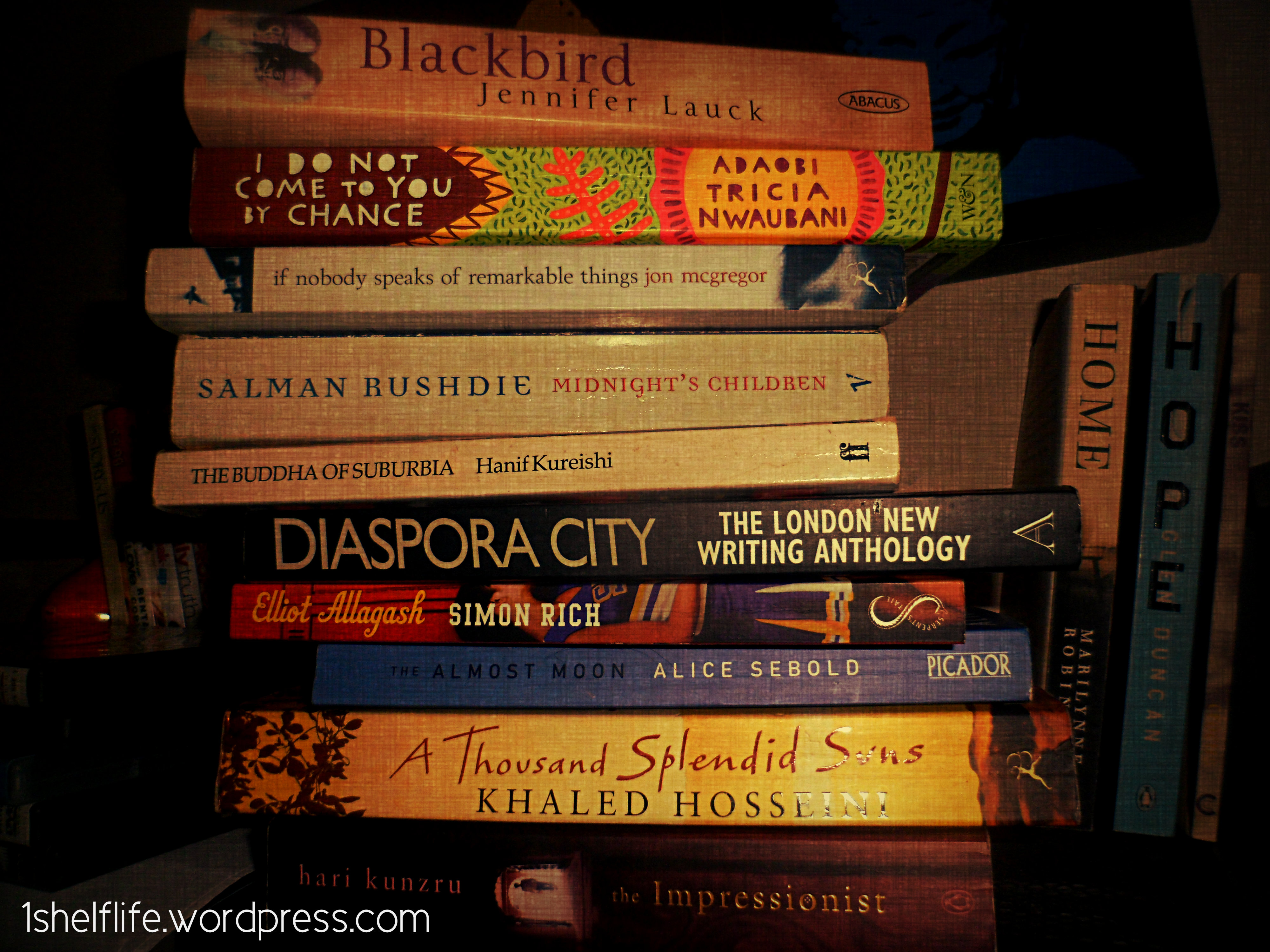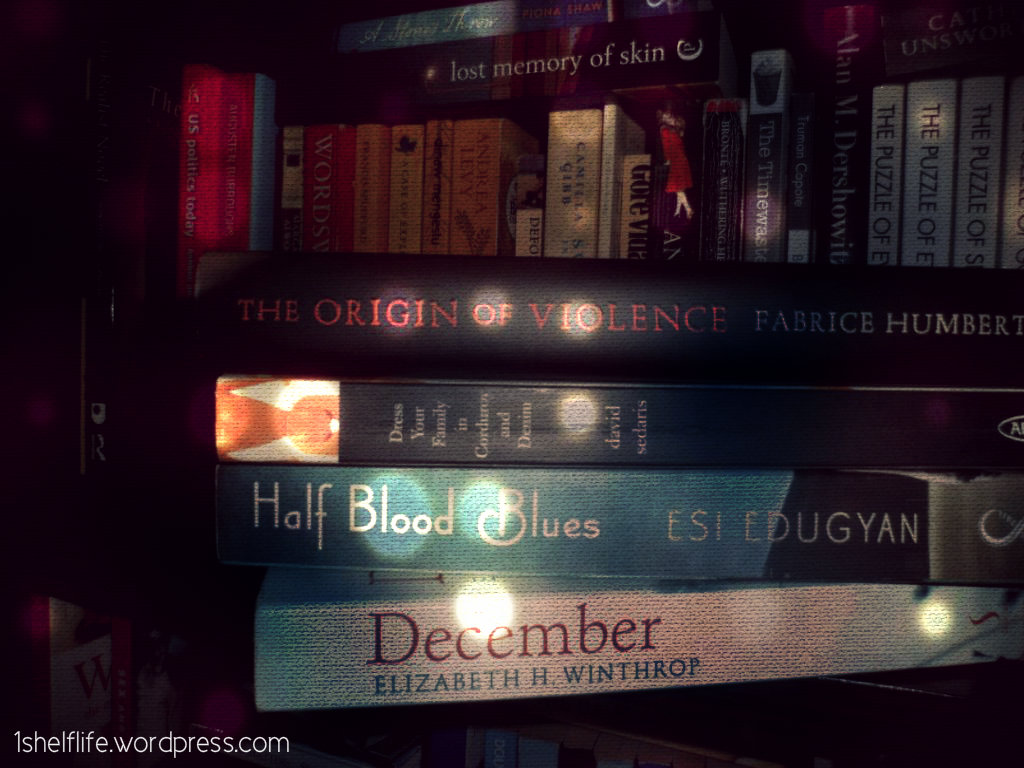Oskar has OCD. A severe case of OCD. He is a successful composer living in an unnamed Eastern European city with his two cats and his wife. Right now he is in LA in the midst of a divorce, entrusting his old university friend to look after his pristine apartment, feed the cats, and LOOK AFTER THE WOODEN FLOORS. This book is about that friend; the unnamed English narrator.
It appears that Oskar has left his apartment in the hands of someone he doesn’t have faith in, ‘mapping out disaster scenarios in his mind and writing notes to cover the possibilities.’ He seriously does leave lengthy, instructive notes EVERYWHERE, even in the most unexpected of places, like amongst a stash of porn underneath his bed (You should respect my privacy. But I expected you to poke about a bit. See: we are all human. Clean up after yourself. Oskar). And it is through these notes and the actual apartment itself that you learn so much about Oskar; a man who values precision and order:
‘People say that it’s difficult, disorderly, to live with cats. I have never found them troublesome. People are the source of all chaos in life.’
So what could possibly go wrong, you say. Well just about everything.
Right from the start, the reader is certain that something bad is going to happen, that the narrator is going to mess things up in some way, but we’re just not sure quite how, and this sets up the tension that remains for the duration of the book. And sure enough, once things start to go wrong, they appear to just spiral out of control, from bad to worse, taking on almost farcical proportions.
As much as Oskar may have annoyed me with his pedantry, I was even more annoyed at the narrator for his carelessness and lack of foresight. I just kept putting myself in his shoes, and despite me also being quite an untidy person, found that I would not behave in the same way that he had. This really got me thinking about our personal spaces as humans and how they really define who we are. Much of who Oskar is is reflected in the minimalist precision of his apartment, whilst the mouldy walls of the narrator’s London flat tells you most of what you need to know:
‘A room is not just a room. A room is a manifestation of a state of mind, the product of an intelligence. Either conscious or unconscious. We make our rooms, and then our rooms make us.’
This book is as much about floors and space as it is about friendship. The friendship between the two men isn’t a natural or easy one, and is certainly not one based on mutual interests. As events unfold in the apartment and ‘an isolated tragedy’ almost becomes ‘a campaign of wrecking’, we come to understand that this may not be a friendship that can be saved:
‘I like that he seems to like me despite the fact that there’s no reason he should like me; at least, no reason that I can see. You know, he makes me believe I have likeable qualities. And maybe that’s what I do for him. I think that mutual reassurance is probably a big component of all friendships, really.’
The book is laced with dark humour and did have me chuckling to myself on occasion though I have to admit that as I progressed through the novel, I reached a point where I just wanted the book to end. I grew quite impatient with all the highly detailed descriptions and just wanted to know what would happen in the end. Though I was blown away by the language in some of his descriptive passages, I would have gladly exchanged those for some actual plot on occasion.
This is quite an accomplished novel for a debut, and the interesting twist at the end of the book keeps the whole thing quite fresh and original. I’d definitely be interested in seeing more from Will Wiles.
















